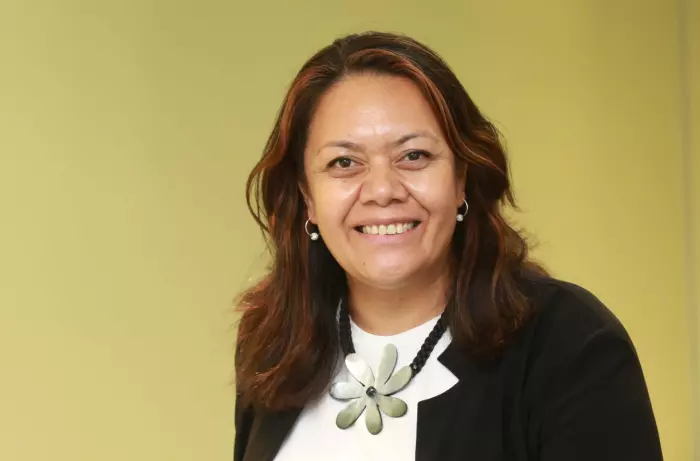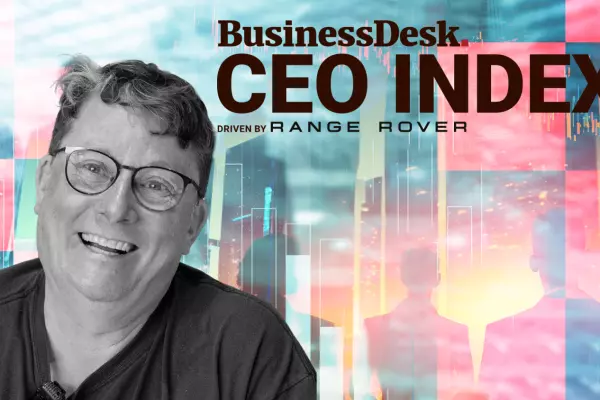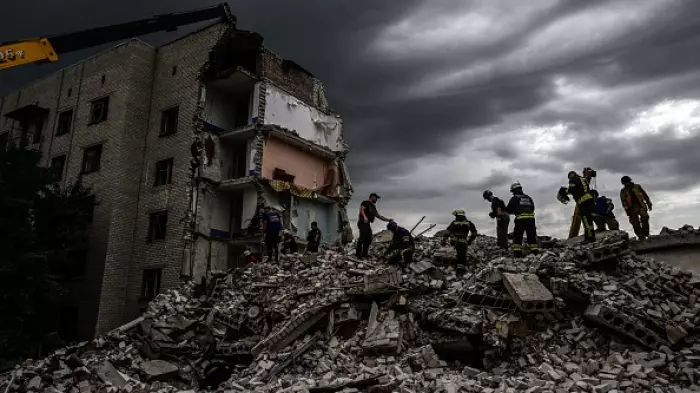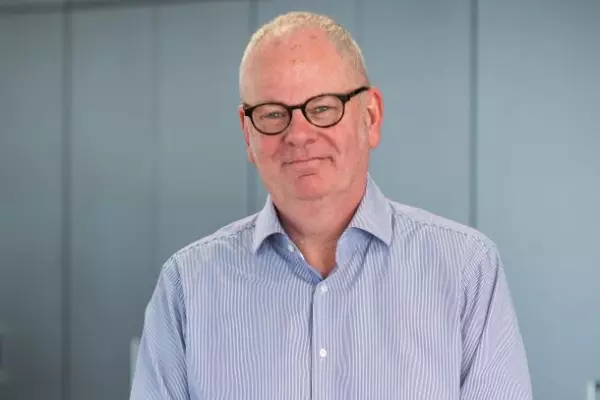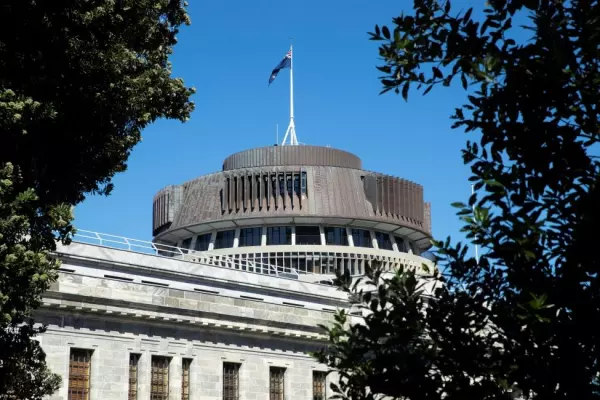Later this year, Fepulea'I Margie Apa becomes New Zealand’s largest employer, with a workforce of 80,000. She’ll also manage $24 billion in assets and $20 billion a year in operating revenue. Peter Bale talks to the CE-designate of Health New Zealand.
Margie Apa reckons she knows a bit about tailoring health services to local needs and different populations.
And she rejects the idea that merging the country’s 20 district health boards (DHBs) into an enormous single organisation will make the health system too centralised and less responsive.
As chief executive of the Counties Manukau DHB – about to disappear under the government’s controversial health restructuring – Apa saw the covid pandemic reveal the gaps in health access and delivery in NZ.
“While we don't want variation in experience and quality of outcomes, what we do need is a diversity of delivering that care,” Apa told BusinessDesk.
“Covid was the best experiment of how the diversity of delivery models has to work for a local community,” she said.
“We have to think differently about how we create capacity. What are hospitals doing? Have we got services in provincial areas to try to reduce the variation in what people experience across the country?”
Apa brings with her a long history of public service and responsibility to her Samoan heritage, all informed by her Christian faith.
A lottery of inequalities
Exposing differences in access and quality across DHBs isn’t covid’s only legacy, Apa said. Among her first priorities is tackling post-covid backlogs in diagnostic and treatment services, particularly for cancer.
The health shakeup has been criticised as a top-down reorganisation that erodes democratic accountability in the DHB system. Apa says she wants to show the opposite to be true – that Health NZ will work with local and even hyper-local groups to serve hard-to-reach communities.
She aims to end the “postcode lottery” in which DHBs often have markedly different results without fully knowing why.
“We want to offer people a consistent experience, regardless of where they are getting care,” she says. “What we don’t want is what we in health call ‘unwanted variations’. So we don’t want people to wait longer than three months for a procedure. We don’t want people to get too far beyond five months, eight months, 12 months for immunisation.
“But the way we deliver it has got to be different for an urban setting or a rural setting.”
A big lesson for her in the covid vaccination effort was that working with local groups can make health services almost impossible to avoid. “I had deprived communities like Manurewa in Manukau who had a [vaccination] van parked in their neighbourhood, in the playground, surrounded by Kāianga Ora and others.
“People came out into the neighbourhood and felt safe - and we had Mr Whippy there as well.”
She reckons lessons were also learned in the delta outbreak in South Auckland, where the Ministry of Health was criticised for not understanding the scale of the spread, perhaps because it lacked a deep understanding of how people there live.
“When you're really close to the ground, you can see it moving and evolving much faster than Wellington can see. We had to work really hard to try to present a picture to Wellington and show what the reality was in the northern region.
“We felt the pressure on capacity much earlier than Wellington saw the data flowing through,” she says.
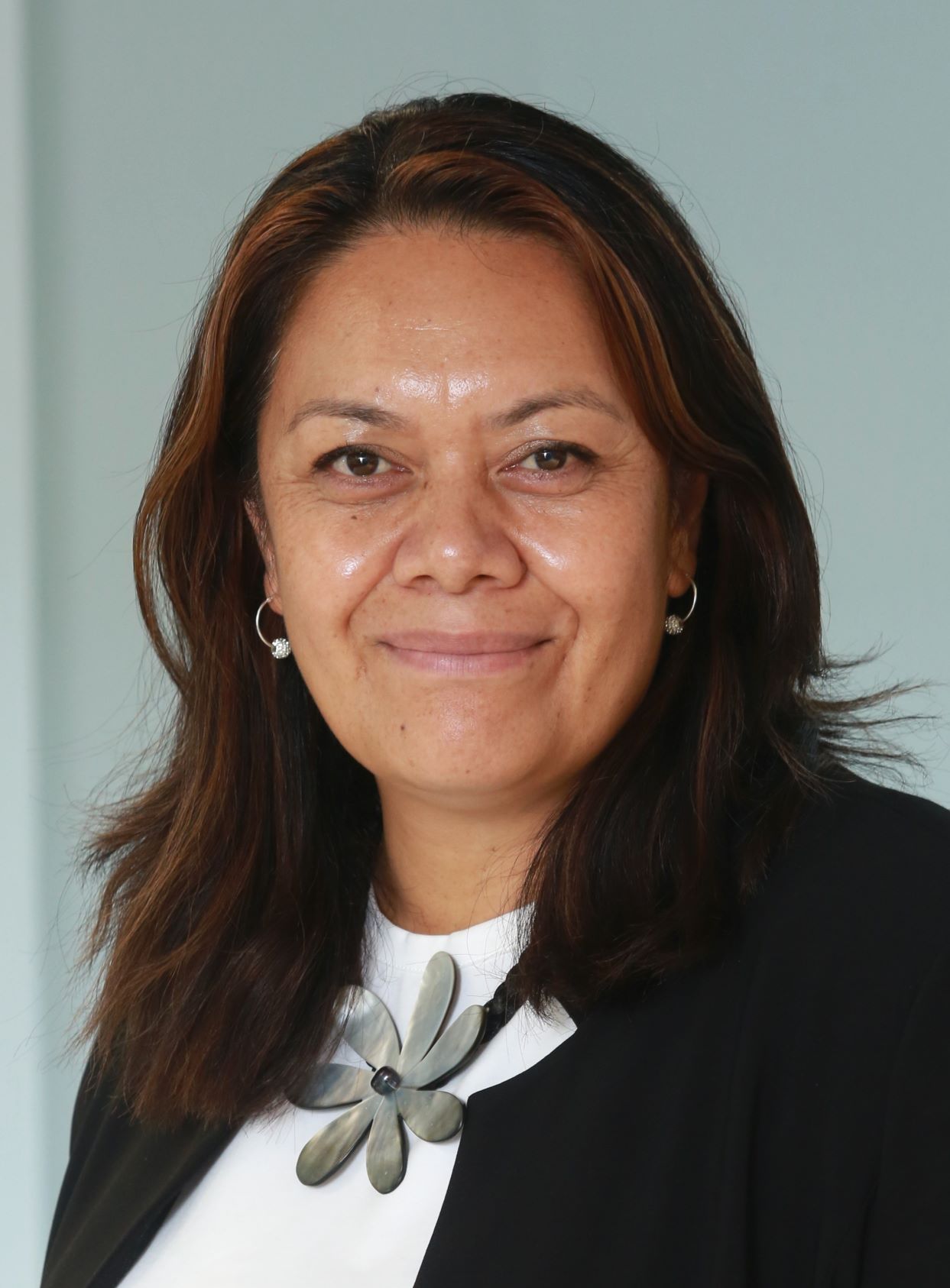 Margie Apa wants to get rid of 'unwanted variations' (Image: supplied)
Margie Apa wants to get rid of 'unwanted variations' (Image: supplied)That local knowledge, she hopes, will be built into Health NZ.
The new organisation is still evolving, but she expects it to have four regions: Northland (broadly from metropolitan Auckland north), Te Manawa Taki (mid-North Island), Central (Hawkes Bay to Wellington) and the South Island.
“The health system doesn’t need to take with it the constraint where some people might say ‘we’ll only get this care because we live in Wellington’. We want to be able to support care for people wherever they [need to] get it.”
In business as well as government services, she knows culture is the critical obstacle – changing mindsets and getting people aligned and prepared to work together.
That includes dealing with historic and deep-seated industrial relations problems in health – such as a combative relationship between unions and some DHBs – and more senior medical staff who she says may be reluctant to share data, resources and best practice.
Religion and public service values
Faith and public service are ingrained in how Apa sees the world. Her parents moved to South Auckland from Samoa in the 1970s. The matai title “Fepulea'I” indicates responsibilities to her father’s village of Sale’aula on Savai’i. She has two daughters with her husband Riki.
Apa is active in the Presbyterian church and says faith is a part of her approach. “What it gives me is a sense that there's a bigger purpose than just me and that I'm put in these roles and in this place to serve – to serve my community.
“Ultimately, I want patients to get a better experience. Having a bigger purpose than me means I'm less about my ego, more about asking, ‘How do I help the people around me do a better job?’”
BusinessDesk: Does your faith ever conflict with health questions at work, such as abortion?
Apa: There are as many ways of Christian practice as there are shades of grey. No, I haven’t felt a conflict. The government has decreed that we will provide those services, so my job is to provide that, whether it's abortion or transgender [services], or all the issues that people struggle with. My job is to make sure that people can get access to them and that we provide them safely. I have no personal principles that clash with that.
Why did the DHB system have to go? What’s different about Health NZ in this restructuring?
Apa: "I think it recognizes that the DHB system has passed its use-by date. The settings have changed, and there is only so much we could achieve as 20 different entities. As much as we try to work together collaboratively, whether it's regionally or nationally, it's against our [organisational] design.
For example, we're funded on a population-based funding formula, but we know that that hasn't kept up with population growth and the higher cost of meeting the needs of very vulnerable people or rural populations."
How will resources be allocated in future if not by population?
Apa: "We're working on that. We want to make sure that we are resourcing our current hospitals properly but also have some room to support community-based initiatives.
What happens now locally is that you are often meeting the cost of hospital – an acute need you have to meet – and sometimes not being able to resource primary and community services. So the new organization will have a very separate way of budgeting and planning for community and primary care-based services."
What about the implications for local democracy?
Apa: "Certainly, that will change in the new legislation when we've become a wholly-owned and merged organization. But what is important, which our board is really intent on, is that we do strengthen the voice of consumers and communities. The project that we have to roll out to localities is … at a level of community engagement that is much smaller. Rather than big-metro Auckland, actually, there’s Otara, Papatoetoe, there’s Glen Innes, Tamaki – so getting really focused on where local people actually get their care."
Why do you think the new system is better than the DHBs? How does pulling more levers from Wellington make things work better locally?
Apa: "It won't necessarily be about levers in Wellington. It'll be about how does a northern region with the three or four largest hospitals in the country share their resources? How do we get access to their theatres, support their clinical teams to work across the region? For example, we looked at ophthalmology wait times not too long ago in the region. You almost have to lose your driver’s license in Northland and Counties Manukau before you get a cataract done, and Auckland and Waitemata [patients] get treatment much earlier … Because we're individual DHBs trying to meet our own bottom lines and deliver to our service to our community, we're thinking very insularly about our own population.
In the new world, what I would be saying to the northern region is, “'Actually Auckland, Waitemata, how do we use your resource as a whole region?'”
What about personal responsibility in the discussion about diet, health, circumstances in which people live?
Apa: "There’s a huge amount of personal responsibility that's already assumed in our system. You assume that you can go and see a doctor when you're sick and pay for it where you want extra. But we also need some context to that personal responsibility. I mean, I live in Mangere Bridge and when I go to the supermarket I drive past three liquor outlets. You can’t ignore that that visceral experience has an impact."
The restructuring also creates a Māori Health Authority that you are supposed to work with. Some claim that’s divisive and at least duplicative.
Apa: "It's important for people to understand that Health NZ and the Māori Health Authority have to work in partnership. The job of the crown and my job as an agent of the crown is to give effect to what the crown wants to express as a Tiriti partner. This is not creating two systems. Māori are still going to access services provided by Health NZ. What's fantastic about the Māori Health Authority is that they can give added focus to growing Māori capability to care for their own. But they still have a role to hold me to account to deliver for Māori.
I think egalitarian NZ would be very surprised if they understood the difference in experience and life expectancy and health outcomes and how far behind Māori are. That is a function of a system that has not responded."
What are your personal KPIs or measures for the first 12 to 24 months?
Apa: "Between now and June, it's just standing up an organization. From July, the minister's got some targets he will want to hold us accountable for. And then there are access indicators, like wait times. We've got a big catch-up work program, post-covid, to get people surgery. Endoscopy is probably a really big one for us at the moment and diagnostic imaging for cancer diagnosis."
How will you know if you’ve been successful?
Apa: "I will be successful when I have people tell me that they've had a great experience in their healthcare that they wouldn't have expected before. That might be someone saying 'Hey, I got my knee operation earlier'."


